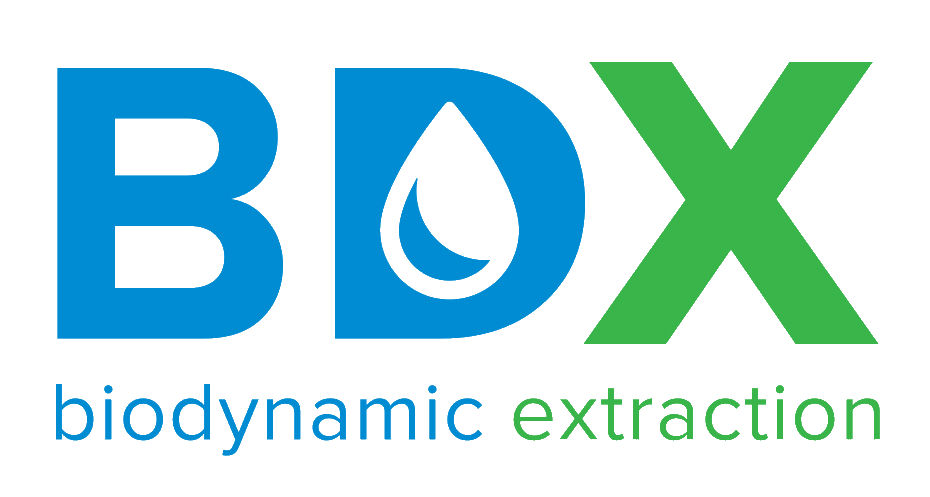European Regulators Disagree on CBD
The struggle to regulate CBD products is not a uniquely US issue. Recently, according to a key food safety regulator in the United Kingdom, Great Britain rejected the European Commission’s preliminary stance that hemp flower-derived CBD should be regulated as a narcotic.
Paul Tossel, who leads the Novel Foods authorities at London’s Food Standards Agency, said Tuesday that although British authorities continue to mirror requirements set out by the EU’s Novel Food Regulation and the European Food Safety Authority, they did not agree with the Commission’s narcotic designation.
What Started All This?
The European Foods Safety Authority (“EFSA”) previously classified CBD as a “novel food” ingredient. A “novel food” is “food that was not used for human consumption to a significant degree within the Union before 15 May 1997.” Pursuant to EU regulations, anyone who wishes to sell food containing a “novel food” ingredient must first secure a license from the EFSA.
The U.K. said in February that CBD products already on the market would need to have a validated novel food application in hand in order to remain on the shelves beyond March 31, 2021.
In mid-July 2020, it was reported (see here) that the EU was halting novel food applications for foods containing CBD and is apparently considering designating CBD-bearing foods as narcotics.
Moving Forward
“We will still regard CBD extracts as novel foods, and they will require (application) processing,” Tossel said. “The application will have to prove there are no other narcotics.”
The status of CBD in Europe is complicated by Britain’s departure from the European Union. The U.K. officially left the EU on Jan. 31, but the two sides are still negotiating the rules that will govern future relations on trade, immigration and security. The deadline for finalizing these rules is Dec. 31, until which point the U.K. has agreed to keep following EU regulations.
“Our timetable isn’t dependent on the EU one – we’re on the transition period, that means we can’t actually formally receive any applications until (after) the 31st of December,” Tossel said.
The European Commission has reportedly stopped processing CBD novel food authorization applications and told applicants to send comments on its new narcotics stance by this month. The Commission has so far issued no update but said it would announce its final decision on CBD sometime after the applicant comments period.
Conclusion: A Lack of Direction
Tossel reiterated that CBD food makers are supposed to follow the Novel Food Regulation and the authorization process before stocking their products at U.K. retailers or in online shops.
“No CBD product on the shelves is actually compliant with the legislation,” Tossel said.
The FSA’s March 2021 deadline for a validated Novel Foods application “was relevant for products already on the market and for sellers who want to keep them on the market,” Tossel said.
“Only those (CBD products) linked to … a validated application will be allowed to stay on the market,” he added. “No new products should have entered the market after our announcement back in February.”
All of this points to one big problem in the market. A lack of clear and consistent regulation is severely hindering the growth of the CBD industry.
Company Update
As always, we love helping new brands develop new products and enter new markets. If you are in the process of creating something new and would like advice from a knowledgeable source, give us a ring at (317) 741-5173 or email us at info@bdxco.com.


